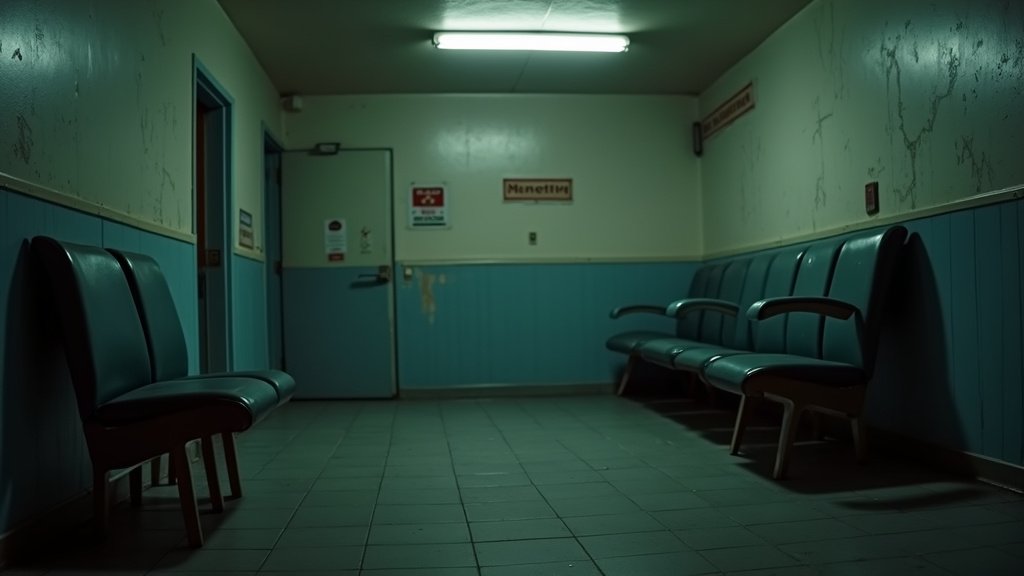Metro, the regional government in the Portland metropolitan area, announced on July 2, 2025, that it had awarded over $500,000 to ten organizations. The funds, distributed through the Regional Travel Options grants and technical assistance program, are earmarked for projects designed to improve access to transportation options throughout the greater Portland area. This significant investment reflects Metro’s commitment to enhancing connectivity and promoting the use of alternative modes of transportation, such as public transit, cycling, and walking.
Expanding Transportation Choices
The core objective of the Regional Travel Options program is to provide financial and technical support to projects that make it easier for people to choose how they travel. This includes a wide range of initiatives, from improving existing infrastructure to developing innovative programs that encourage a shift away from single-occupancy vehicles. The grants are intended to foster a more integrated and accessible transportation network, reducing traffic congestion, improving air quality, and enhancing the overall quality of life for residents.
The program’s focus on connectivity is particularly important in a region like Portland, where the population continues to grow and the demand for efficient and sustainable transportation solutions is increasing. By strategically investing in projects that address specific transportation challenges, Metro aims to create a more equitable and user-friendly system that benefits all members of the community.
A Diverse Range of Projects
The ten organizations selected to receive grants represent a diverse array of initiatives, each with its own unique approach to improving transportation access. While specific project details were not included in the announcement, the variety suggests a comprehensive strategy that addresses multiple facets of transportation challenges. These projects are likely to include improvements to pedestrian and bicycle infrastructure, such as new bike lanes, sidewalks, and crosswalks, as well as investments in public transit services.
Furthermore, the technical assistance component of the program is designed to equip organizations with the resources and expertise they need to effectively implement their projects. This may involve providing guidance on project planning, grant writing, and community engagement, ensuring that the funded initiatives are successful and sustainable.
Fostering Collaboration and Innovation
The Regional Travel Options program also serves to foster collaboration between Metro and local organizations, including non-profits, community groups, and local governments. By working together, these entities can leverage their respective expertise and resources to maximize the impact of the grants. This collaborative approach is essential for creating a robust and resilient transportation system that meets the evolving needs of the region.
Additionally, the program encourages innovation by supporting projects that explore new and creative approaches to transportation challenges. This could include the development of new technologies, the implementation of pilot programs, or the creation of educational initiatives that promote sustainable transportation practices.
The Broader Context of Transportation Planning
This investment by Metro is part of a broader effort to address the complex challenges of transportation planning in the Portland metropolitan area. The region has a long history of prioritizing sustainable transportation and has made significant progress in developing a comprehensive transportation network. However, as the population continues to grow, there is a constant need to adapt and evolve the transportation system to meet the changing needs of residents.
This involves not only investing in infrastructure but also promoting behavioral changes that encourage the use of alternative modes of transportation. Initiatives like the Regional Travel Options program play a critical role in achieving these goals by providing resources and support to organizations that are working to improve access to transportation and promote sustainable travel choices.
Looking Ahead: The Impact on the Community
The impact of the over $500,000 investment will likely be felt throughout the greater Portland area, as the funded projects begin to take shape. Residents can anticipate improvements to their local transportation networks, including increased accessibility, enhanced safety, and greater convenience.
Ultimately, Metro’s commitment to the Regional Travel Options program demonstrates a forward-thinking approach to transportation planning. By investing in projects that promote connectivity, sustainability, and innovation, Metro is helping to create a more vibrant, livable, and accessible region for all.
The ongoing evolution of Portland’s transportation infrastructure highlights the city’s dedication to providing convenient and accessible travel choices, promoting a more sustainable transportation system for the present and the future. This investment reflects a continued focus on improving connectivity, enhancing air quality, and fostering a higher quality of life for residents.




